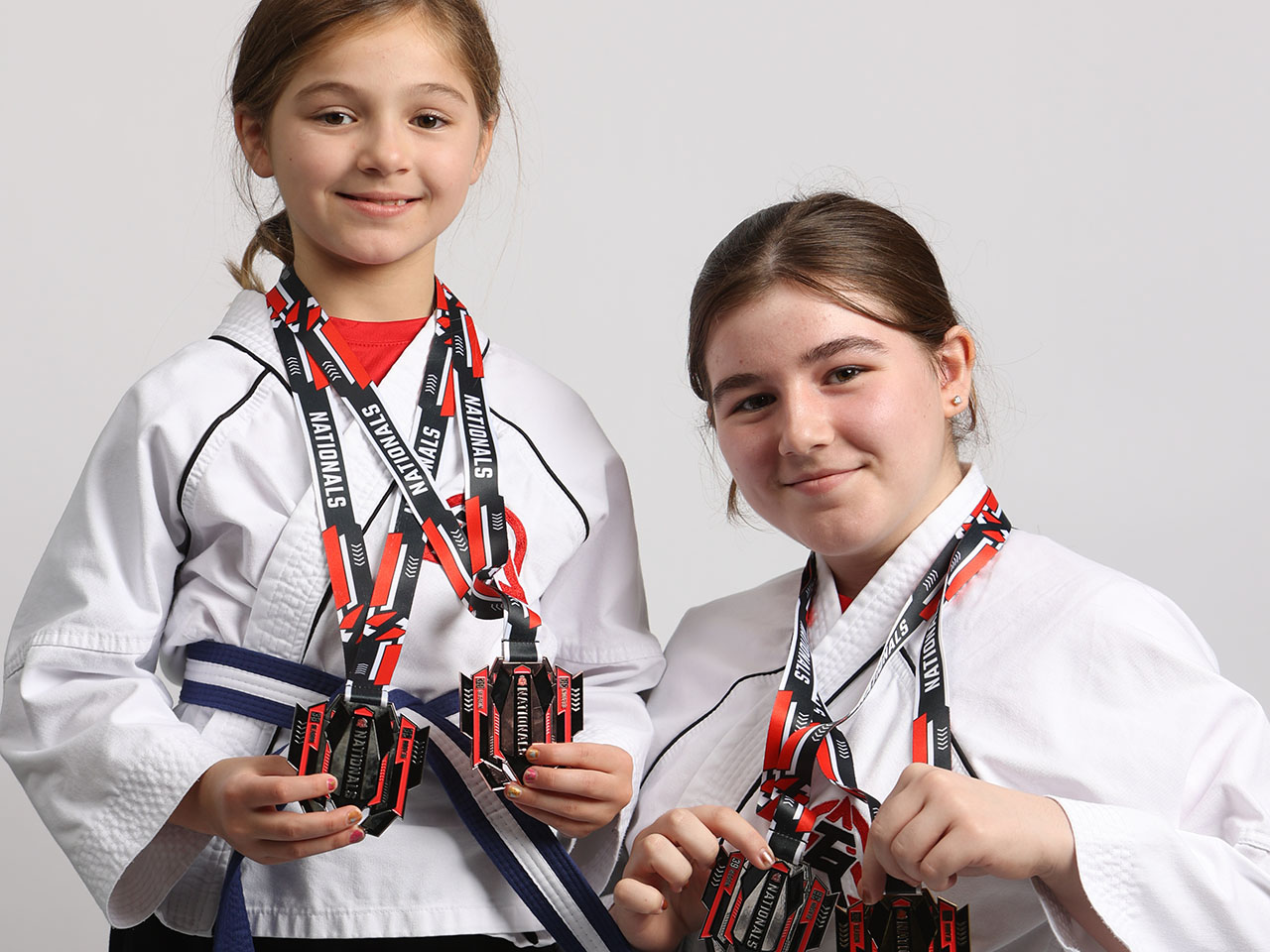
Understanding your child’s mindset
Is your child easily giving up when trying to learn something new? Are they getting frustrated when they are not instantly successful at it? It begs the question as to whether or not your child has a growth mindset or a fixed mindset.
Let’s start first off by defining what mindset is. Mindset is a set of beliefs and/or assumptions that you hold about yourself and the world around you. Your mindset will shape how you think, feel, and behave.
A person’s mindset—regardless of age—is complex. It’s fluid. It’s dynamic. In fact, your mindset will change day-to-day, shaped by your experiences and interactions. Your mindset might change even during the time you are taking to read this.
Your child is no different.
As above, you could categorize mindsets in two different ways: growth and fixed.
Someone with a growth mindset will believe that talent, knowledge, skills, and abilities are acquired through learning. They are not discouraged by what they don’t know are not able to do right at this moment: they have a desire to be taught, to learn, to practice, and develop.
Conversely, someone with a fixed mindset will believe that their abilities are already set in stone. They expect to hit the ball on the first try, or in the world of martial arts, be able to execute a kick perfectly on the first try. They see challenges as an attack on their ego and self-esteem.
You probably see this with your child. If your child is eager to learn, try new things, and stick with it to get better at it—they already have developed a growth mindset. However, if your child is getting frustrated and discouraged because the new challenge is a lot harder than they thought, they most likely have a fixed mindset.
We all have growth mindsets and fixed mindsets, but we want our beliefs in growth and development to take precedence. Why? Because those with growth mindsets have been proven to be more successful in life as they work to achieve goals, reach new milestones, persevere in the wake of unexpected challenges, and never allow failure to defeat them.
So what are the signs of a fixed mindset?
If your child is…
- Unable to deal with setbacks
- Getting easily discouraged by criticism
- Reluctant to try new things
- Giving up easily
- In fear of making mistakes
- Avoiding certain challenging tasks
- Getting easily frustrated when things don’t go their way
- Refusing to ask for help
…chances are they have a static mindset. Setbacks and criticism becomes a tall order. They are discouraged from trying new things. They’re ready to bail on a challenge quickly. Petrified of making mistakes. Frustration. Not wanting to ask for help. All of these are signs of your child having a fixed mindset where things go awry when they come to the realization that their knowledge and skills on certain things isn’t quite where they want it to be at the time they want it to be.
But, you can change your child’s mindset.
How? Here are a few tips.
Let’s remember three things:
- We all make mistakes.
- We can always learn something new.
- We have to do things over and over (practice) until we get better at it.
So how does this translate to your child?
First, help your child develop problem solving strategies. This will help them become more resilient. They will develop the ability to persevere, which is an essential life skill.
Next, give your child the opportunity to solve problems on their own when appropriate. This builds confidence, boosts their self-esteem, and improves their self-image.
Finally, encourage your child to ask a friend for help before seeking an adult’s assistance. Your child’s peers play an important role in your child’s development of their self-image. This helps develop social skills, encourages collaboration and teamwork, as well as teaches your child that it is okay to ask for help!
However, that’s not all that you can do as a parent to help your child. Also remember to do the following:
- If your child is doing something difficult, make sure you praise them for their effort.
- Teach your child that mistakes are not setbacks; they are learning opportunities.
- Encourage your child to keep trying when presented with a challenge – even if mistakes are made.
A few things to avoid are:
- Don’t just praise the outcome
- Don’t criticize your child for failing
- Don’t just tell your child the answer
- Don’t judge your child’s efforts
You might be asking — how does this all relate to martial arts?
Well. Everything.
Martial arts is a challenging activity. It is fun and exciting, but it is important to remember that it is an activity and sport that requires continuous practice and development. Sometimes, your child is going to get discouraged that they did not do a kick perfectly. Sometimes your child is going to get bummed about not doing something right on the first attempt. But that’s okay.
At Tiger-Rock Martial Arts of Frisco, we teach the important life skill of perseverance. We teach our students how to overcome obstacles and embrace challenges. We offer a supportive environment that praises effort over outcome, identify what they do right, and provide guidance on how to improve. We encourage our students to learn from mistakes, turn them into learning opportunities, and build a foundation for growth.
Learn more about our kids’ martial arts program by clicking here!